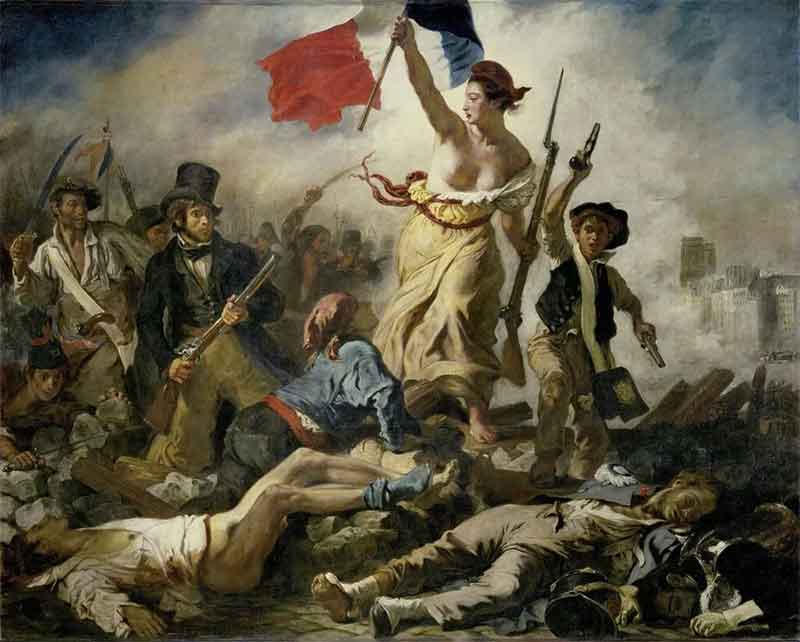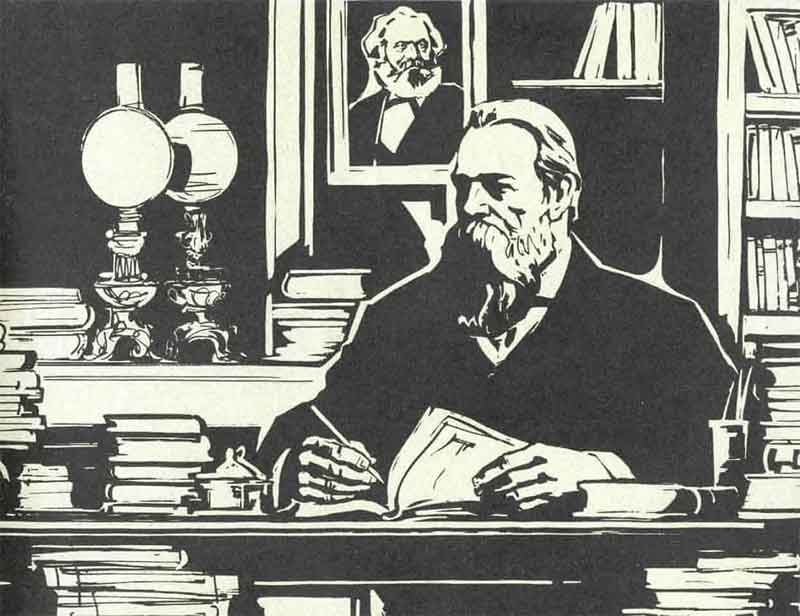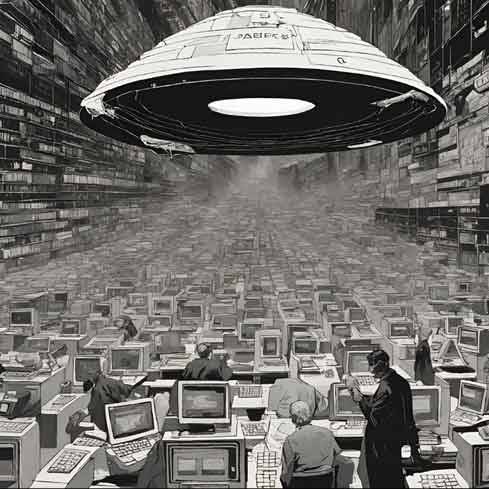
It is said that Zhou Enlai once, when asked about the impact of the French Revolution, replied that it was still ‘too soon to tell’.
We tend to assume that the revolutionary simply fights for the future.
An abstract progressivism looks backwards and sees nothing but a has-been, a completion, a fact, or series of facts, which can be narrated and judged with precision.
For some, history, at best, conditions our present. It creates the potential, the horizon, for what can be actualized in the future. But history is left there, in the background.
For the ahistorical mind and for the abstract historicist the past is past… it is dead. History is, as we Americans say, a done deal. Like a chauffeur, it brought us to our destination, the ‘present’. For this we pay and go our way.
From these frameworks, sharing in their judgement of history-as-dead, a has-been, Enlai’s response is baffling. Cannot the impact of the French Revolution be answered clearly and precisely through the immediate events it produced? How can it be too soon to tell the impact of the revolution which sought to “realize the promises of philosophy”?
Enlai’s response is not a cheap diplomatic answer to the foreign questioner. It expresses a profound insight on the temporality of revolutionary struggles, one not limited to the French Revolution. We are, of course, able to speak about the influence revolutionary movements have had… so far. But, in the final instance, none of these discussions can be conclusive. The question cannot be answered with full concreteness, since the questioned phenomenon is still being disclosed. The ‘impact’ of, say, the French Revolution, is still unfolding. Its meaning is still being fought for.
This gets us to the key insight implicit in Enlai’s response: Revolutions aren’t simply about winning a future, realizing a ‘concrete utopia,’ as Bloch would say. They are, equally, about redeeming the past… they concern themselves with the fulfillment of the goals and aspirations of our ancestors in the struggle.
Our fight is for the future, but it is also for the past. It is a struggle which prevents previous struggles from having died in vain.
“History is rewritten in various periods,” Adam Schaff writes, “not only because new sources become accessible, but also because the newly appearing effects of past events make possible a new appraisal of the past.”
Our construction of a new future is, at the same time, a reconstruction of the past. It allows us to shed light, retrospectively, on new meanings of past events – meanings which were implicit, latent, and which have been actualized through the construction of the new.
For the dialectical materialist, revolutionary temporality is comprehensive – it understands and acts conscious of the interconnected and contradictory character of time. The present is seen as a launching off point for the realization of that which is in-itself, implicit, potential, Not-Yet. It is, also, a launching off point for that which is wrongly treated as a has-been, but which, as we know, is still becoming.
For us, then, the future, past, and present are dialectically interconnected and interdependent. The present and future are determined by the past, but equally so, the past is determined by the present and future. This is, of course, a temporal unity of opposites… an objective contradiction in life. The future is found, as implication, in the past, and the past is found, as realization, in the future.
A one-sided, reifying outlook cannot capture this complexity. An outlook which fears contradictions will be left astray, forced to castrate the temporal dialectic of the world to fit the neat categories in their heads. It is theoretical brumotactillophobia, a deep-seated fear in the dialectical intermingling of categories one hopes to keep purely apart.
Enlai, as a proficient dialectician, was correct in his assessment of the French Revolution. It is still ‘too soon to tell’ precisely because the rational kernel, the progressive demands, of the revolution have yet to be fully realized. These find themselves unactualizable within the bourgeois form of life. They find their realization in the communist form of life, which, for most of the world, exists only implicitly/in-itself, as a hope which drives us to realize its latent potential.
We have a world to win. And when it is won, we’ll secure for ourselves not only the future, but also the past.
Carlos L. Garrido is a Cuban American philosophy instructor at Southern Illinois University, Carbondale. He is the director of the Midwestern Marx Institute and the author of The Purity Fetish and the Crisis of Western Marxism (2023), Marxism and the Dialectical Materialist Worldview (2022), and the forthcoming Hegel, Marxism, and Dialectics (2024). He has written for dozens of scholarly and popular publications around the world and runs various live-broadcast shows for the Midwestern Marx Institute YouTube.















































